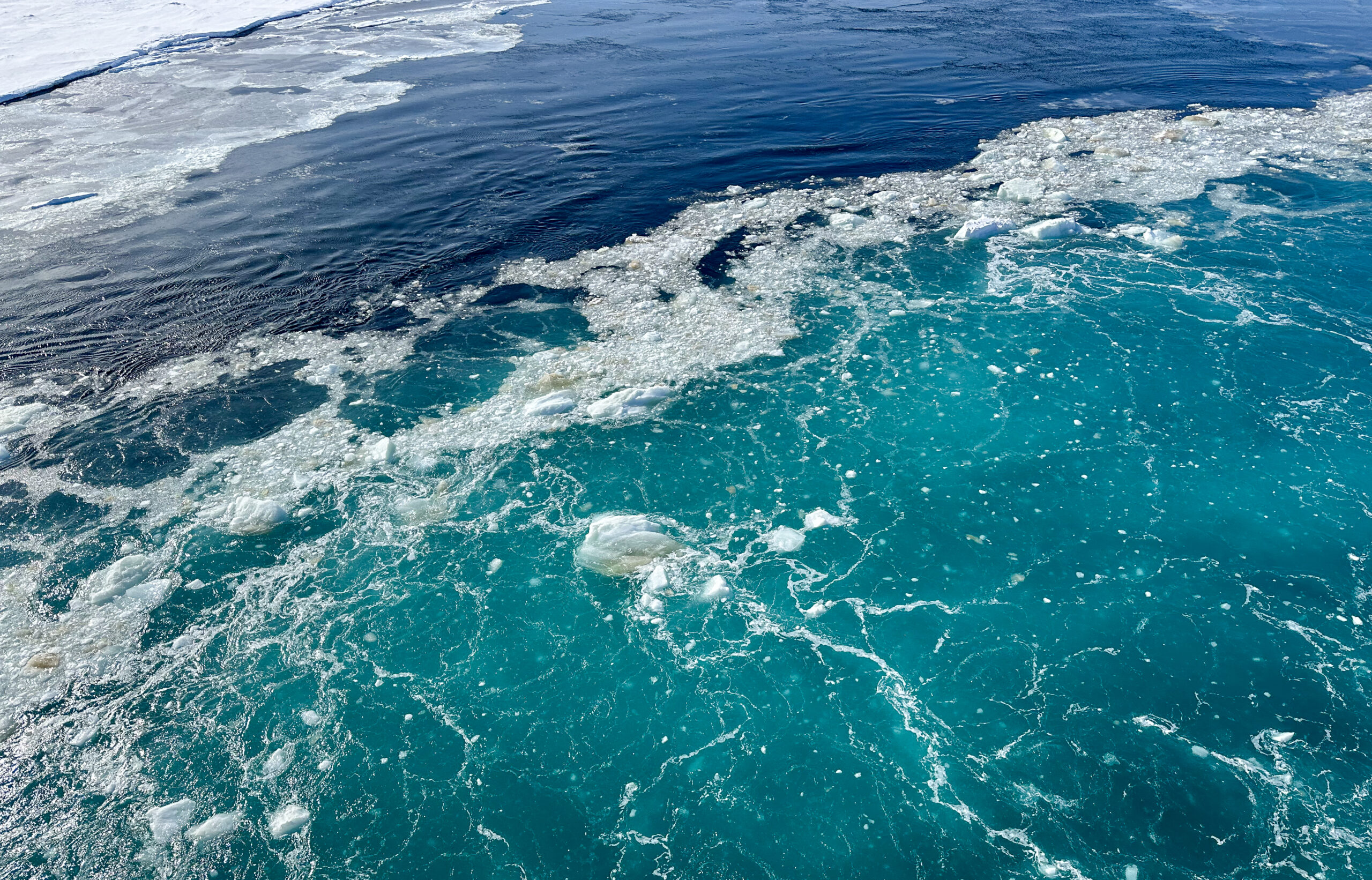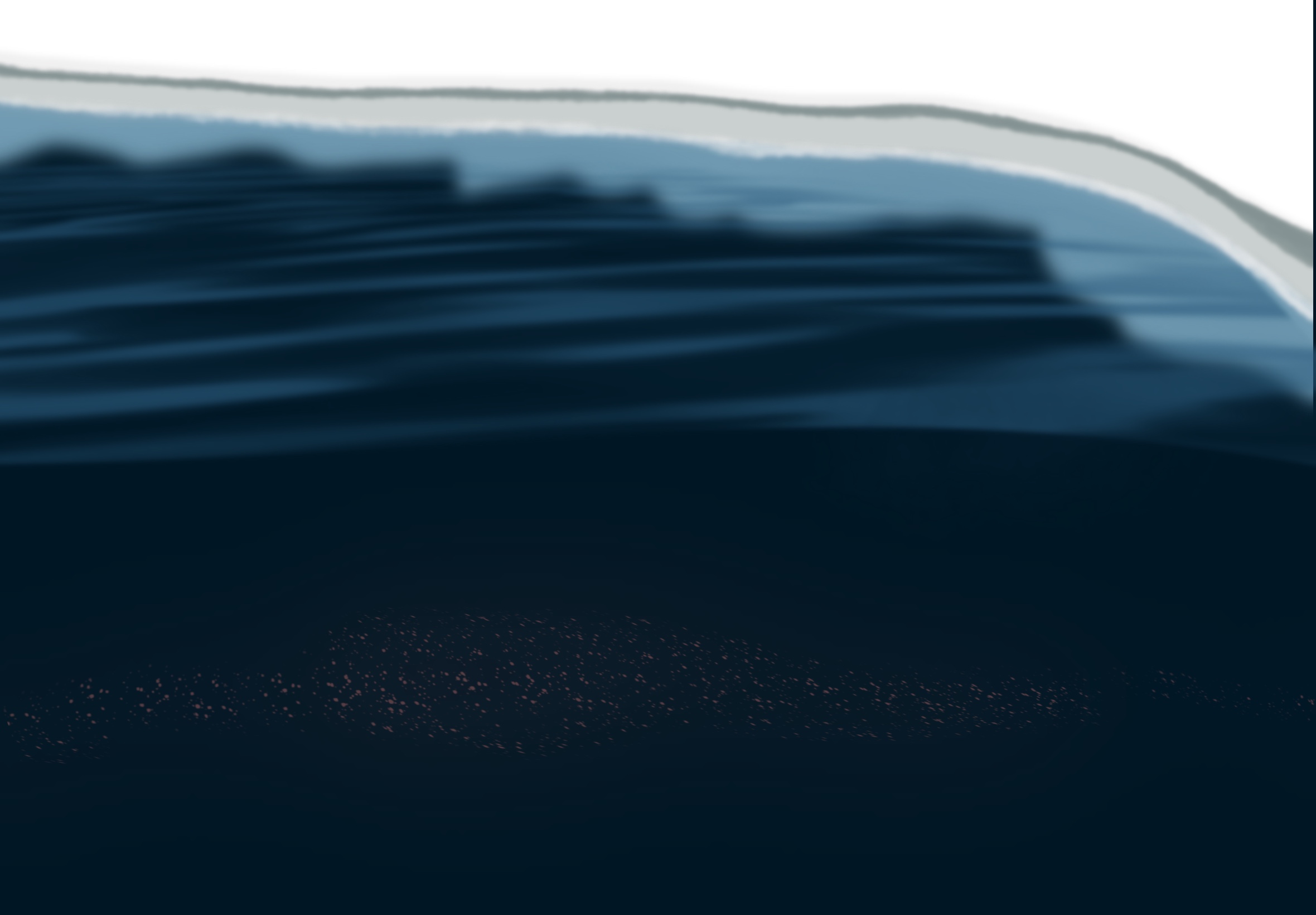
Current Work
Task Forces
Depending on the current research, outreach needs, and management goals, SKEG members work on the vast array of priorities in krill research in Task Force groups with set purposes. For example, the purview of the Krill Flux Task Force is to provide methodological, logistical and scientific advice for an effective realization of the mooring network.
- Krill Flux TF
- Fisheries Indices TF
- KrillBASE TF
- Communications and Outreach
Task force membership is open to all SKEG members and participation is voluntary and task-dependent. Each Task Force is led by an established career member and an early career member.
Ongoing Work
In addition to work within Task Forces, SKEG Members engage in a wide variety of research
Climate Change Vulnerability
Krill key habitats are located in some of the fastest warming regions on earth, and understanding the impacts of a changing environment on krill populations is key for understanding how the broader Southern Ocean ecosystem responds to climate change. Accounting for climate change impacts on the Southern Ocean ecosystem is therefore also critical for a sustainable krill fisheries management, which aims to preserve the functioning of the wider ecosystem.
SKEG members have undertaken substantial efforts to study climate change effects on krill from various perspectives including krill biology, ecophysiology and embryo and larval development.
For more on relevant research, check out our page on krill and climate change!
Fishery Management (CCAMLR)
The Convention on the Conservation of Antarctic Marine Living Resources (the Convention) is an international agreement established to conserve Antarctic marine living resources and is an integral part of the Antarctic Treaty system. The Convention applies to all marine living resources within the Antarctic marine ecosystem. Learn more about CCAMLR on their website
CCAMLR x SKEG
Due to the unique expertise and interests SKEG represents, CCAMLR has asked SKEG for assistance in developing science needed for specific management tasks and monitoring programs like a Krill Stock Assessment and Revising the CCAMLR Ecosystem Monitoring Program. SKEG has assisted CCAMLR with the following initiatives:

Development of a KSH
In 2022, the Commission noted that advancing a revision of the krill fishery management required framework for interpreting data and plan future research that would be fullfilled in the development of a stock hypothesis. They then requested assistance from SKEG in the development of a krill stock hypothesis. Learn more on the KSH page
Improving CCAMLR Ecosystem Monitoring
The Working Group on Ecosystem Monitoring and Management proposed that SKEG could provide recommendations for krill fishery and at sea monitoring. Stay informed on the CEMP page

Got a question?
Reach out with any and all questions, comments or suggestions!
